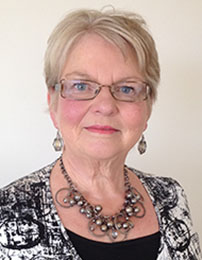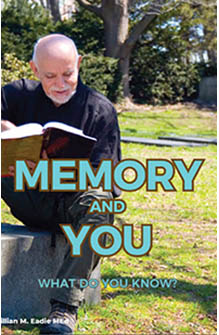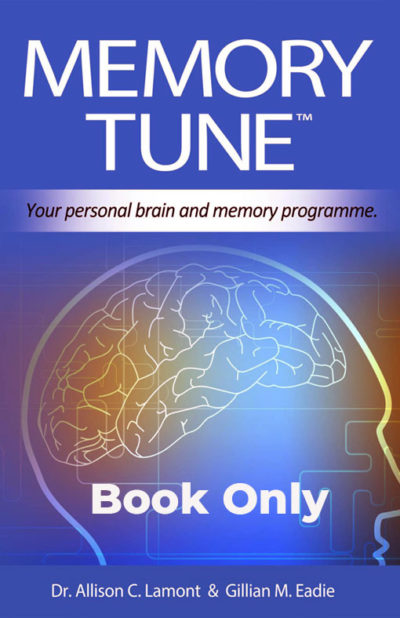Brainfit Coaches and Memory Foundation speakers are asked a lot of questions!
Over the next few months, Dr Allison Lamont will give you the answers. (And you can ask your own questions below, too.)
Why can’t I remember phone numbers here?
When I am in France (where they are grouped as two numbers at a time) I canremember them easily!
This is interesting, and points clearly to a way we can remember information more easily.
When you are remembering pairs of numbers the brain is treating the two digits as one piece of information.
Remembering a telephone number is using our short-term memory (STM), which can hold only about 5-9 pieces of information at once. If you are ‘chunking’ together eight numbers into pairs, then the STM only has to remember four items of information – an easy task.
If this works for you, then chunk your own telephone numbers into pairs as well. It is easier to remember 67 43 29 2 than to try and remember 6743292 .
This strategy works for remembering the items you need at the supermarket, too. Chunk together all the vegetables, cleaning products, baking needs, meat etc. in your list. Then remembering the category will start prompting all the vegetables, all the cleaning products on your list etc. when you arrive at that department in the supermarket.
Why can’t I remember young people but have no trouble with people my age?
I am an ‘oldie’!
One of the exciting aspects of our wonderful brain is its ability to adapt to the tasks we need it to do. The ability to grow new brain connections and strengthen old connections helps us learn and develop right into late old age.
One of the ways the brain does this is to put its resources into tasks we do all the time, and withdraw resources from things we no longer do very much.
When I was carrying out research into memory across the life span, one of the tasks participants completed was to look at forty men’s faces – 20 were of young men and 20 were of older men. Then they saw eighty faces and had to point out the ones they had seen before.
The young people taking part had no problem at all in picking out the correct young faces, but were not as good as choosing the older faces correctly.
For older people it was the opposite. They were really good at choosing older faces correctly but when the young faces came often said “You are tricking me – you have put the same young faces in lots of times.”
I hadn’t, of course, but it just showed that older people, who often associate much more with other older folk than they do with young people keep the ability to know ‘who’s who’ because they are using that skill all the time. It works in other ways, too. It is well researched that we can distinguish between people of our own ethnicity better than we do people from other cultures. In psychology it is called ‘own group bias’, and I am sure you can think of other circumstances where it comes into play.
 More questions answered next month. Do you have a question? Just ask Dr Lamont!
More questions answered next month. Do you have a question? Just ask Dr Lamont!
Memory Foundation co-founder and memory expert, Dr Allison Lamont, PhD (Psych), MA (1st), NZAC, NZPsS, APS, ASSBI.
https://memoryclinic.co.nz





It works!.
Our DHB is one of the ones who have added an American cognitive test to the bi-annual driving check up for us over 80s. Last time round I got a ‘good’ score. Now 2 years down the track have just sat the test again as required. In the intervening years I had purchased a 7 Day Brain Boost book and this time I scored 95%. I was told it is the highest score so far recorded at my local Medical Centre.
So many, many thanks to the two of you.